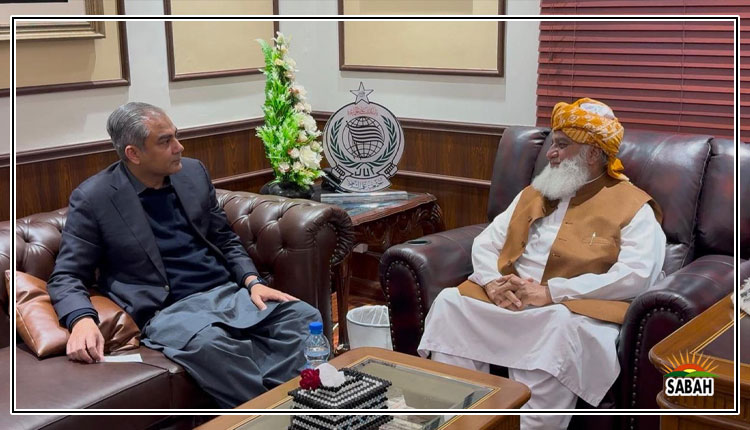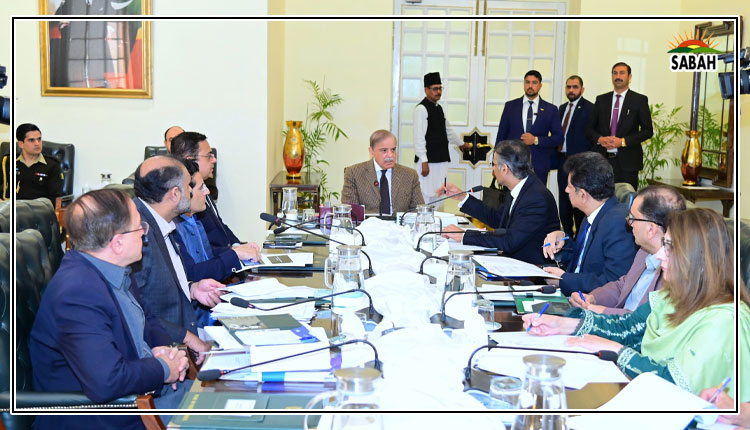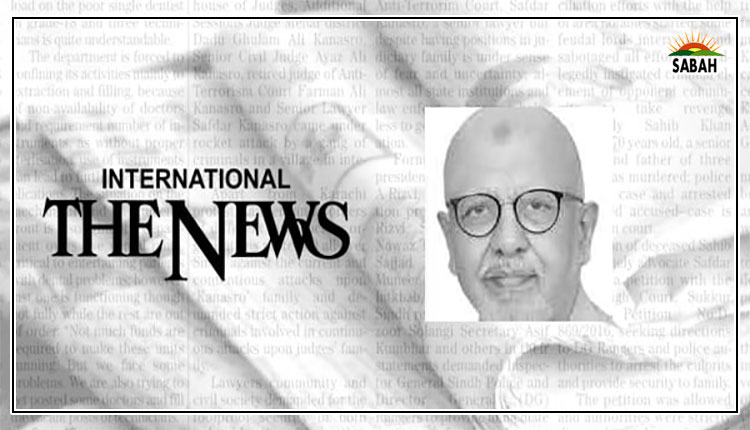Democracy vs economy…Farhan Bokhari
As Pakistans two and a half mainstream political parties [one half of a party remains excluded from politics] aspire for power in Islamabad, their failure to focus on the economy only binds them to a common platform.
For instance, next weeks planned homecoming of former prime minister Nawaz Sharif from exile has been put across by his party as the beginning to the end of Pakistans economic woes. Yet, nothing could be further from the truth.
Sharifs PML-N, leading the last ruling coalition for sixteen months, presided over an accumulation of failures that continue to haunt the country today. Inflation, a weakening of the rupee and a failure to conclusively end pressure on Pakistans foreign reserves, together caused economic mayhem of the kind seldom seen before.
Even the standby loan of $3 billion from the IMF, secured on the final day of the last financial year came after former finance minister Ishaq Dar a widely known protg of Nawaz Sharif failed to restore ties with the Washington based lender. The lifeline for Pakistans diminishing finances eventually came only after former prime minister Shehbaz Sharif desperately reached out to the top management of the IMF pleading for urgent help.
Likewise, leaders of the PPP, the second largest partner in the last coalition government, have repeatedly spelt out their intention to oversee robust economic recovery under a future rule. Yet, there is very little indication of exactly how that recovery will be achieved without details of the planned steps needed, notably those for stepping on powerful toes across the board to make a fundamental difference.
And the PTI, left just partially functional today, during its tenure presided over a series of missteps that failed to address the countrys key economic challenges. The PTIs history of failures in tackling Pakistans economic headwinds remains embedded in the dustbin of history, not by virtue of the partys unblemished record but more to do with the disaster that followed during its successor regime.
Tragically for Pakistan, as the countrys main political rivals sharpen their knives ahead of the next elections, the ability of any one of them to oversee bold new reforms is simply absent.
In the meantime, Pakistans political, security and economic outlook today faces additional questions from the fallout after the weekend surprise invasion of Israel by the Gaza-based Hamas movement. On Monday, global oil prices shot up as much as five per cent in initial trade as international commodity trade took close notice of events in the Middle East.
Pakistan, an oil importer which is already strained with last months inflation hovering over 30 per cent, may well be forced to raise domestic oil prices soon as the outcome of the Hamas-Israel conflict remains unpredictable. If so, inflation is unlikely to retreat any time soon.
Going forward, Pakistans main political players will only fail to win popular support unless they step ahead with a clear-cut plan to reform Pakistans economy in tandem with the countrys democracy, in three vital areas:
First, Pakistan continues to face an overwhelming crisis of governance fueled by the dysfunctional state of key institutions and gaps in performance of central decision-makers. The continuation of a chronic governance crisis has undermined the performance of a large number of public-sector assets, notably government-owned companies. While company after company in the public sector has fallen increasingly in the red, key institutions notably responsible for revenue and tax collection alongside the management of expenditures, have increasingly failed. Reversing these trends through a broad consensus among mainstream political parties is essential to secure long overdue stability.
Second, the consistent weakening of the Pakistani rupee during the tenure of the last government was driven as much by a clumsy management of the economy, as the failure to reverse long-term trends. The chief such trend that has undermined Pakistans economy is a repeated failure to narrow and ideally reverse Pakistans global trade deficit. Pakistan needs to renew its focus on pumping up its exports while reducing dependence on imports, notably in the agriculture sector an area with a vast untapped potential.
Finally, an economic recovery which is detached from the end result trickling down to Pakistans mainstream population will remain just meaningless. Even when Pakistan witnessed periods of a relative lift in its overall economic growth, the countrys ability to ensure quality services in areas like health care and education lagged behind. Unless a broad economic recovery translates into prosperity for Pakistans people, a numerical improvement in the economys performance will remain unimpressive. For mainstream political parties, reforming key institutions dedicated to social services in tandem with mobilizing the civil society to robustly join the cause of public welfare, must become central to future policies.
Eventually, fixing Pakistans economic rot must forcefully lead its democratic journey in a way that mainstream constituents begin to feel the difference in daily lives.
Courtesy The News












